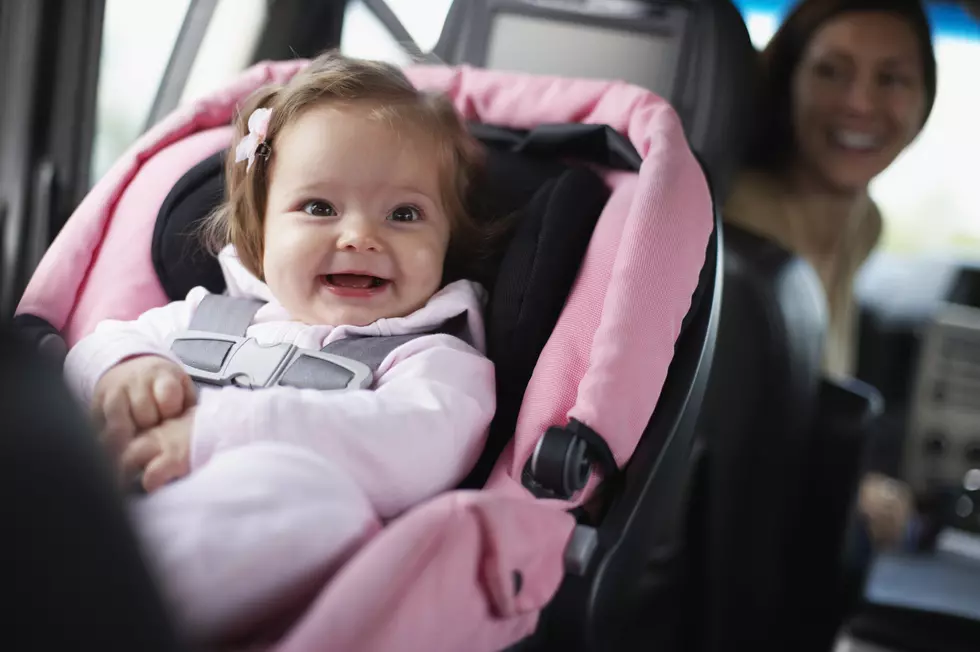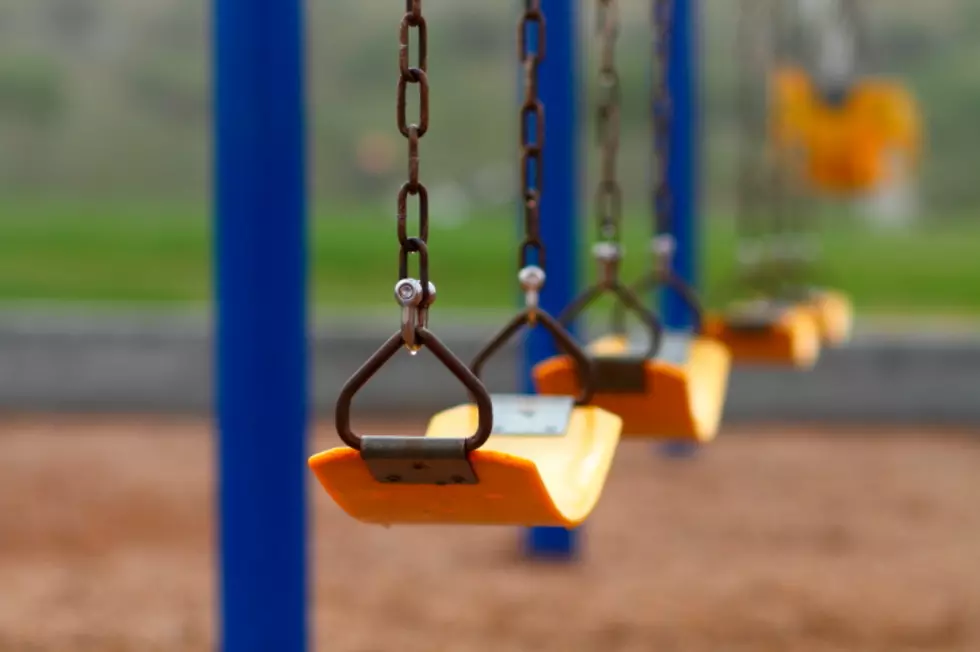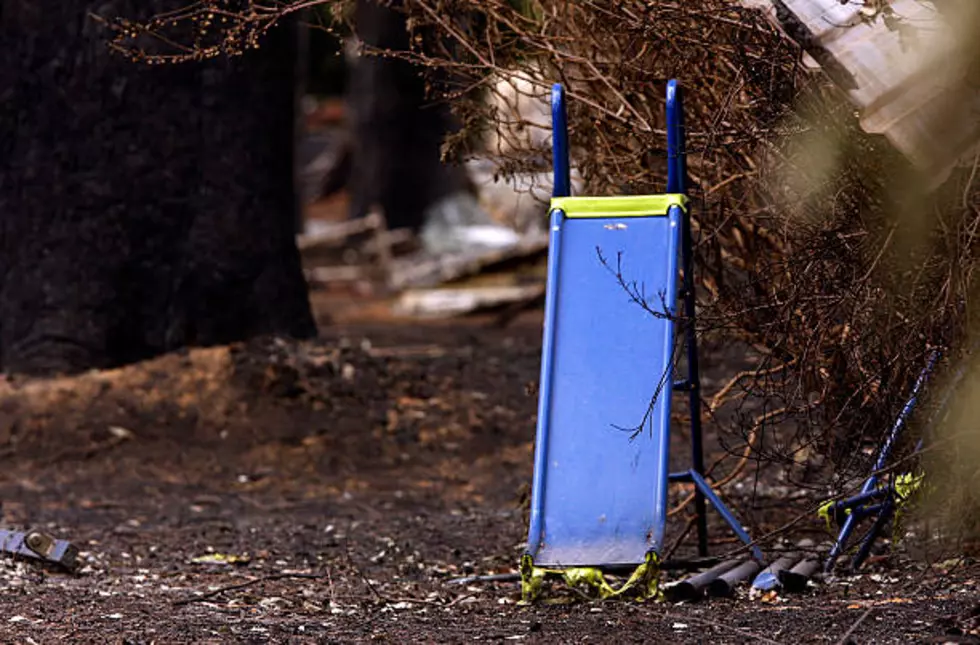
Car Seat Week Aims To Keep Kids Safe And Alive
When I first read the release, I thought why would anyone travel with a child without having a car seat, but that's not the problem. It's making sure the car seats are properly installed, and also age and size appropriate.
The Michigan Office of Highway Safety Planning (OHSP) is reminding parents and caregivers about the importance of keeping children safe when traveling as part of National Child Passenger Safety (CPS) Week, Sept. 15 -21. CPS Week is a national initiative to raise awareness about car seat use and encourages caregivers to have their children’s car seats inspected by a certified CPS technician. The week culminates on National Seat Check Saturday, Sept. 21. - press release
According to the National Highway Traffic Safety Administration (NHTSA), "nearly half (46 percent) of car seats are misused." So the focus of the week long effort is to get people to start using the seats correctly to reduce fatalities and injuries.
Here's something else you might not know. "Tweens, age 8 to 14, are most at risk for injury or death in a crash,” says the director of OHSP, Michael Prince. “Children need to be buckled up every trip, every time. Parents and caregivers must know the best options and have the right resources when choosing a car seat or booster seat.”
Here's what the experts say: A child should ride in a rear-facing car seat from birth to age 2, or when they reach the upper weight or height limit for the car seat. When a child outgrows their rear-facing car seat, the child should be buckled in a forward-facing car seat until at least age 5. A booster seat should then be used until a child is at least 4’9” tall.
More From WKFR









